I Started a Bromance Book Club—and it Supercharged My Sex Life
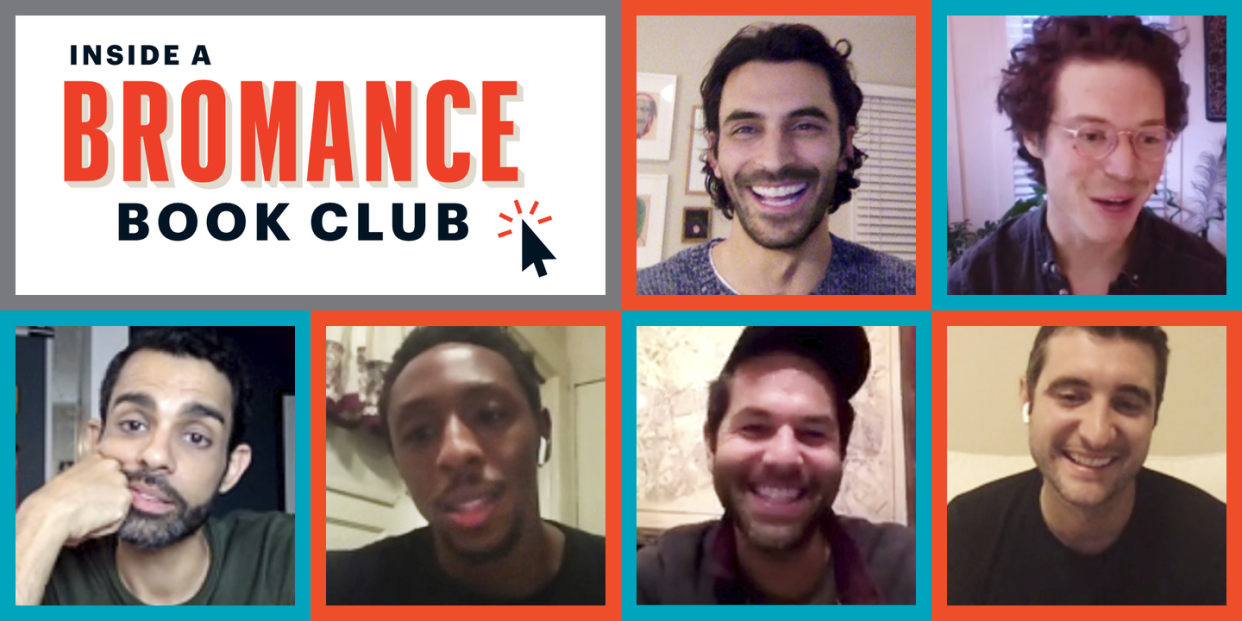
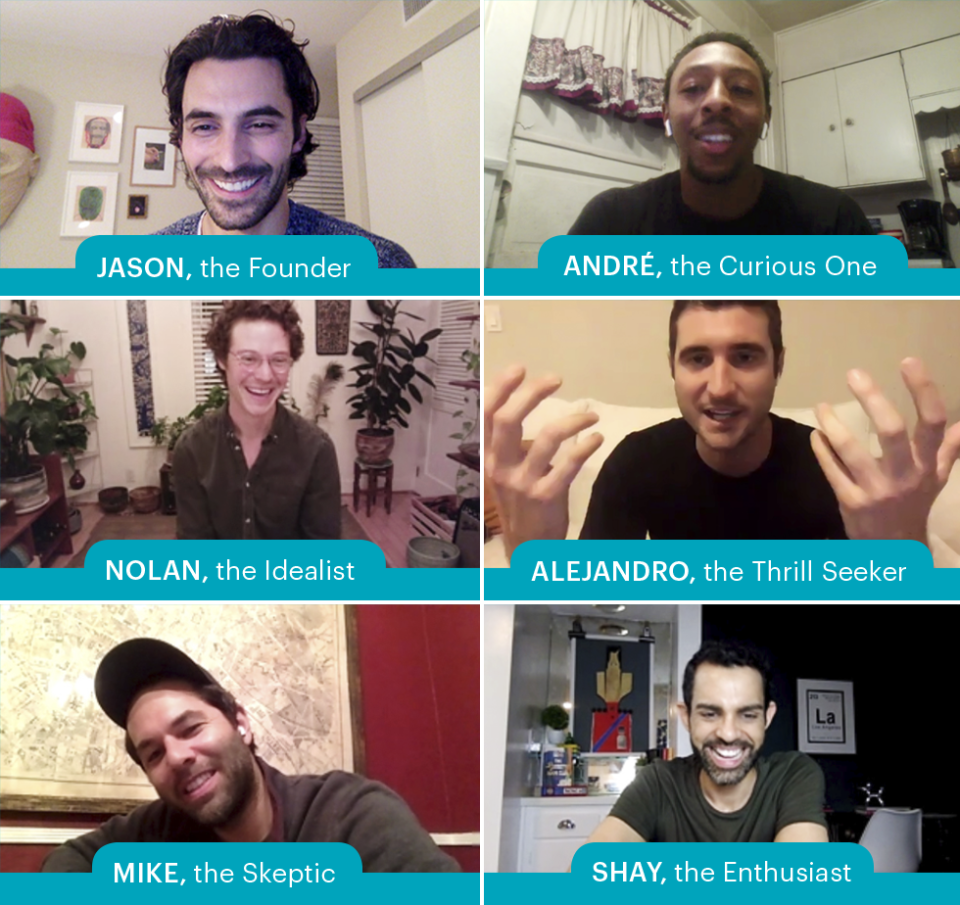
“GUYS, FINALLY, A NIPPLE!” We all lean closer to our laptop screens, eager to hear what Alejandro’s going to say next. The 36-year-old start-up founder is six-foot-four, with broad shoulders and thick black hair cropped short into something like a quarantine buzz cut. “WHY DID IT TAKE THIS LONG,” he asks, gripping a thick stack of pages in a dog-eared paperback, “TO GET TO THE REAL SEX?”
The half dozen of us on the video call howl with laughter, our heads bobbing up and down in the Zoom gallery like the teleconference version of an all-guy Brady Bunch. After more than 30 minutes on the call, I finally sigh with relief and take a deep swig of my IPA. Most of these guys hadn’t met before, and our whole encounter was starting to feel more like a LinkedIn networking event than the strange but necessary beast I’d envisioned: a bunch of beer-swilling, mostly straight dudes committed to exploring the steamy world of bodice-ripping novels with the same intensity we give to discussing politics or sports.
We’d represent the opposite of terrible locker-room talk, using the books as a springboard to (hopefully) share more about what was bothering us in our own lives. For me, it couldn’t have come at a better time. I’d noticed that when life stressed me out, I would often dodge my wife’s hugs and ignore her advice. Once, when she asked me what else I wanted to do in the bedroom, I simply responded, “The normal stuff,” in a way that made it seem as if I didn’t care at all.
Being too closed off was causing problems in my marriage, and at least a couple of the friends I’d invited into this group had hinted at their own troubles. Part of the problem is that culturally our entire view of what makes men strong feels outdated. Men—at least all the ones I know—seem emotionally illiterate, and we’re all struggling to connect with our partners in a world where the fundamental dynamics of male-female relationships have changed.
Romance novels offer a different world-view. So what happens when you ask your friends to read about love and sex and then actually talk about it with one another? I hoped the answer would be the creation of something fun and repeatable, a sort of sexual support group that deepened friendships and that I genuinely looked forward to attending. To find out, I formed the first—and as far as I knew only—Romance Book Club for Men.
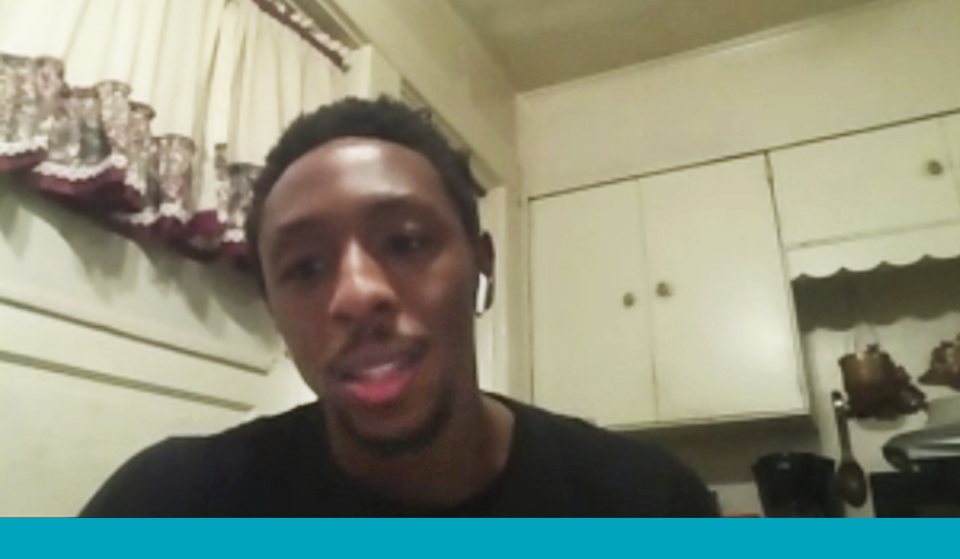
Not everyone on the call seemed especially excited about it from the start. “It actually gave me some body issues reading about all these hard abs and stuff,” says Shay, a 37-year-old Israeli TV producer who just moved to the U. S. and lives with his American husband. “I kid you not, I started working out more at home.”
I used to feel the same way. For years I’d tried to ignore the novels my Italian grandma devoured like spoonfuls of gnocchi. But every so often, when passing a box of bargain books or a Walmart check-out stand, I’d spot a man on a glossy cover whose hedonistic poise—something I completely lacked—commanded my attention. You know the kind I mean. Bountifully pectoraled and beautifully locked. Often leaning toward a swooning woman who luxuriates in the sweet nothings he’s whispering in her ear.
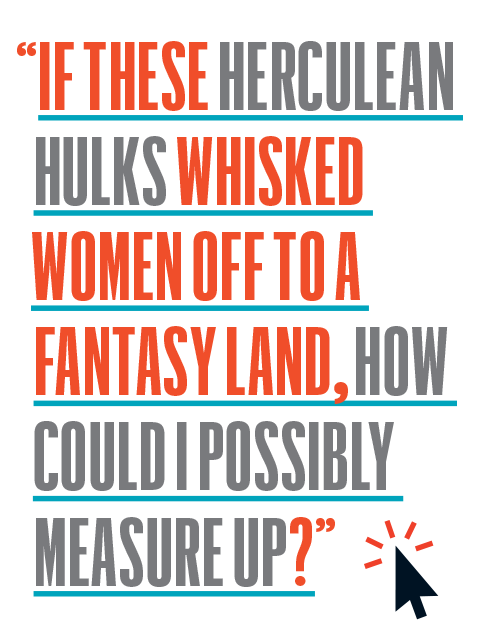
And I’d get this gnawing feeling in my stomach. If these Herculean hulks were the type of guy who whisked women off to fantasy land, how could I possibly measure up? It’s not just that nearly 39 million copies of romance books were sold in 2019. Over the past half century, they’ve become the urtext of countless date-night TV shows and movies, too.
My wife’s been messing up my Netflix queue for years with films like The Kissing Booth and To All the Boys I’ve Loved Before—both based on young-adult romance novels. Toss in subgenre cinematic hits like How to Be Single (chicklit), The Fault in Our Stars (a YA “love story” even though the hero meets a bitter end), Crazy Rich Asians (more chicklit), and the Fifty Shades of Grey series (erotica, erotica, and more erotica) and you begin to understand the inestimable grip this genre holds on our collective perception of love. The first three Fifty Shades novels are the top three best-selling books of the past decade.
One day last year I spotted something new from Romancelandia that didn’t stir up those old feelings of angst. It was called The Bromance Book Club, the first of a masculinity-themed series by Lyssa KayAdams. The cover showed an image of a regular guy with a romance novel surreptitiously poking out of the back pocket of his jeans. It’s about a Major League Baseball player who saves his marriage after joining a group of guys who read romance novels on the sly. It’s sort of like a Fight Club for romantic fiction (“The first rule of this book club: You don’t talk about book club,” the description reads), and as bro-ey as the characters seemed with their fights, their bad jokes, and at least one guy’s incessant farting, they also shared vulnerable moments that felt real. Like how it feels to choke back tears over something terrible, only to be more ashamed that someone has seen you crying.
For a guy who spent years struggling with performance anxiety and erectile dysfunction—something that still causes occasional intimacy issues for me today—that left one question: Why didn’t a club like this actually exist, especially considering that more and more men are reading romance novels? According to a 2017 poll by NPD BookScan, men now account for 18 percent of romance readers. Another survey shows that in 2017 we constituted almost one third of all listeners to erotic audiobooks.
So I called a bunch of different guys I knew and formed a group of men, most of us old enough to have life partners and car payments but young enough to be surprised by some of the complications of romantic commitments. In a meta move, I decided that our all-male book club would read about Adams’s all-male book club, in which protagonist Gavin Scott harnesses steamy lessons from the club’s assigned reading and . . . again, it’s so meta, but you get the point.
Couples IRL inevitably have some is-sues. Perhaps you’re talking past each other, or sex is going from weekly to monthly, or you sense some simmering resentment. Maybe you’re tired of feeling like you’re alone in that. Maybe you wish you’d gotten the invite.

TRADITIONALLY, MEN and women have both enjoyed sexual storytelling, but with one big difference.“Women want to feel the story and men want to see it,” wrote an erotic author who goes by “Average Don Juan” late last year.
That division went mainstream in 1972 as the romance industry took off, along-side the Golden Age of Porn. This was the same year the blockbuster romance novel The Flame and the Flower, by Kathleen E. Woodiwiss, hit shelves and Deep Throat arrived in movie theaters. Even at more than 500 pages, the novel sold 2.3million copies in its first four years of publication, though it was also unapologetically rapey, as were many of its early bodice-ripper counterparts.
That changed with the rise of feminism, and the books continue to evolve, with today’s romance novels often featuring mutual respect between partners. The Bromance Book Club, for instance, has passages that not only read as sexual how-tos but also model healthy behaviors, like prioritizing your partner (“You’re in charge . . . I surrender to your pleasure,” goes one line) and reaffirming consent (“If we’re going too fast for you, we can take things slower,” Gavin says. “You set the pace. I promise I won’t push you”).
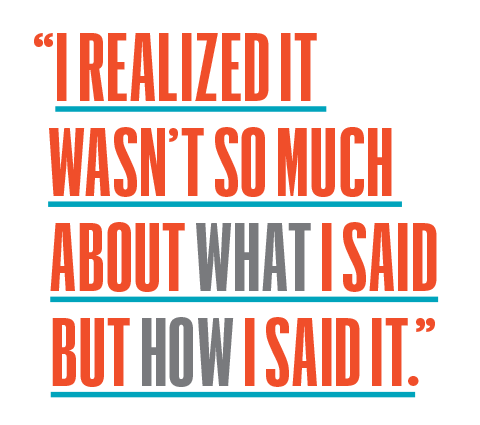
The book, like many these days, has an approachable, non-Fabio cover and an obviously manly subplot (baseball!), which may partly explain how guys like me can get pulled in. To qualify for the genre, a book must meet two criteria: a central love story and an emotionally satisfying ending. These rules are so immutable that at least one publisher’s website sounds like a late-night infomercial: “All the romance you’re looking for with an HEA/HFN. It’s a promise!” (That’s “happy-ever-after/happy-for-now.”)
Steve Ammidown, the manuscript archivist at Bowling Green State University’s Browne Popular Culture Library, which holds the country’s preeminent romance collection, says the genre’s overall popularity has allowed authors to build brands that follow mainstream trends.“Romance is its own entity, but contained within are dozens of subgenres—detective, sci-fi, historical, just to name a few,”he says. If you enjoy George R. R. Martin but want even more heat, he recommends Kresley Cole. If you prefer James Patterson, try Jayne Ann Krentz. (See “Your Romance Reading List,” below.)
In the several months after I discovered Adams’s book, it inspired me to explore these new worlds, and I devoured everything from a romantic thriller set in North Carolina (murder, mystery, and sex all around) to an Amish romance in Pennsylvania Dutch Country (Christmas, farming, and no sex to be found). When I began texting friends about the book club, most responded immediately. They seemed interested, or at least curious.
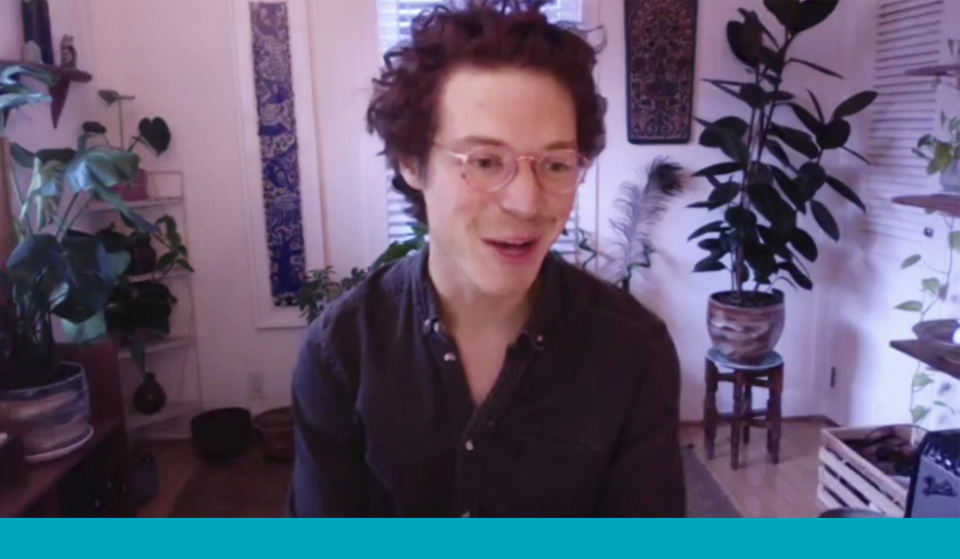
I still had no idea how to run a reading group, so I called author Nick Arvin, who runs his own all-male (although far less racy) book club. He suggested planning a fun meeting by not planning too much.“Ours is kind of a free-for-all,” he says.
That chaos supposedly serves a purpose. “Talking about the books acts sort of like a gateway drug,” he assures me. “It gets the group comfortable talking about their feelings about stuff that’s less personal, so that at some point you can take that next step and make it more personal.”

THE FIRST meeting never quite rose to the occasion. When the corona-virus hit, we decided to move our meetup online, which meant splitting the full group of a dozen guys into two chapters that met separately. To encourage sharing, I made it clear that no last names would be used in this story. But given the distance and the fact that you can’t really cross-talk on Zoom, idle chitchat about “throbbing boners” immediately felt awkward and ungainly, not at all what I’d had in mind.
As my friend Faisal, a 30-year-old banker from Kuwait, unwittingly predicted just 20 minutes into that first session, “I like the concept of the bromance book club as a means for emotionally inept men to come together, but I think we can all honestly admit that men don’t necessarily interact in that way.”
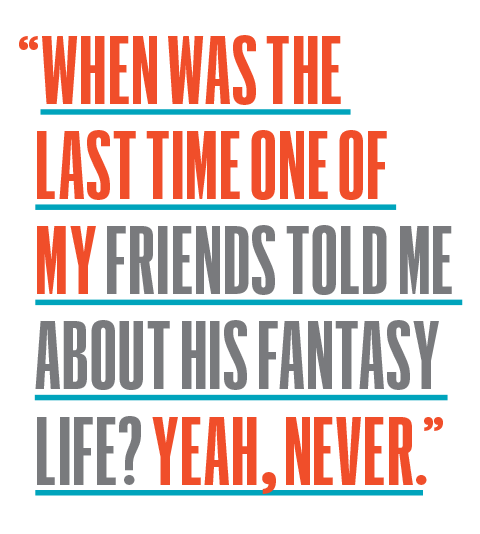
As the minutes pass during our second group’s meeting, though, the chemistry is different. Alejandro, for instance, is my neighbor, and we see each other enough that every interaction is already casual.“This is actually my second romance novel,” he tells the group. Later in the call, he admits that his wife gave him a couple and told him to pay attention to a few very specific parts.
The knotted muscles in my neck finally begin to relax. Maybe I just needed to get my bromance sea legs, but the night has started to feel different. Unstructured, relaxed, fun. When was the last time one of my friends told me about his fantasy life? Let me think about that. Yeah, never.
“I had an issue with the fact that the book equates success in the bedroom with making the heroine come,” adds Nolan, a 30-year-old e-commerce exec, who moments earlier joked about what it’s like to hear a gravelly audiobook narrator describe the rigidity of a plunging cock.
“Why do you think that’s unhelpful?” asks André, a 27-year-old former pro track athlete now studying public policy.
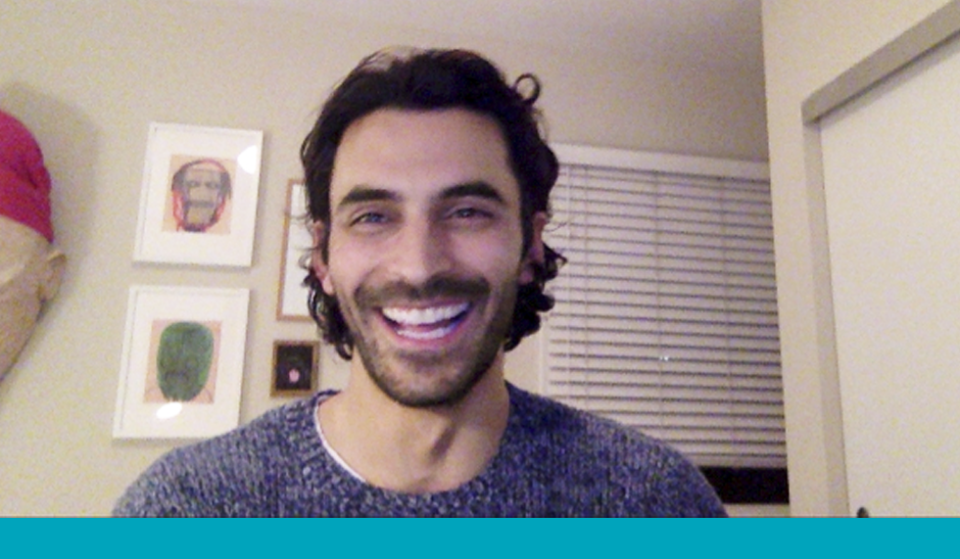
“Because there are a lot of women that can have intimate and vulnerable sex even if they don’t climax,” Nolan says, “and for that to be considered a failure feels like a losing setup to begin with.” We all nod supportively as the conversation rumbles on.
We’re getting closer to how Bromance author Lyssa Kay Adams encouraged her fictional guys to connect. Adams, who is 46, uses a pen name to ensure privacy. She spent two decades as a journalist before becoming a romance writer—her subgenre is “sports romance,” in part because the sports world gave her a chance to challenge the value of “hypermasculine” jocks in a way that could appeal both commercially and emotionally to both sexes.
Bromance is Adams’s fourth book and the first in a trilogy that features the book-club members having to support one an-other on various adventures. (The second installment, Undercover Bromance, is already on store shelves.) It’s been optioned by Netflix, but Adams never expected any-one to form a similar group in real life. “If you’re going to start one, that would make my day,” she told me when I was still in the early stages of planning my group. Weeks later, she reported hearing of another group forming among guys in Germany and seemed thrilled to be maybe making a difference in her readers’ lives.
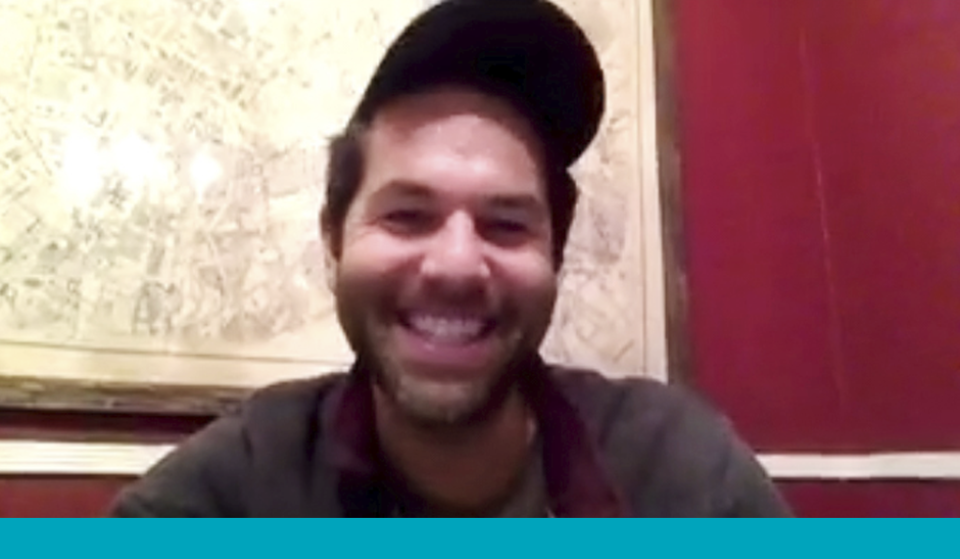
“I think one of the saddest things that we strip away from men and boys is the ability to be emotionally available with their friends,” she says. “Once we start seeing books and movies modeling new kinds of masculinity and new modes of communication between intimate partners, it becomes less scary in real life.”
Back in our meeting, there’s a growing debate over whether Gavin Scott is truly a bad husband or needs to “grow a pair” and stand up to his wife, Thea, who criticizes him. The verdict: Team Thea. Gavin arrived in the marriage with his own problems but never worked to correct them.
My friend Mike, a 38-year-old who man-ages production on TV shows, has been relatively quiet thus far. But from the grimace on his face, it’s clear he’s been stew-ing on a thought for some time. Finally he says that the “machine lover” transformation that Gavin undergoes feels like the adult version of what happens in a Disney princess movie. Not all our hang-ups dis-appear so easily. Or as the result of book-club meetings.
“Personally, I don’t think the answer that women are looking for is a guy who goes all night,” Mike says. “Because with this stuff, there’s one word that keeps coming to mind. It’s fiction.”

WHEN SOMEONE in the group asks what I took away from the book, I feel comfortable sharing the truth. It fundamentally changed the way my wife and I communicate in the bedroom. “In the past I was like a little mouse—you know, my lips were zipped and I might grunt a bit,” I say. “But the idea of dirty talk was really, really uncomfortable for me.”
I tell them how I spent nearly a decade unwinding my own performance issues. After years of therapy and the discovery of a hormone imbalance, I finally edged my way into recovery. But for a longtime, talking during sex felt like something only confident guys did—yes, Fabio-type stuff—because my body so often failed to respond.
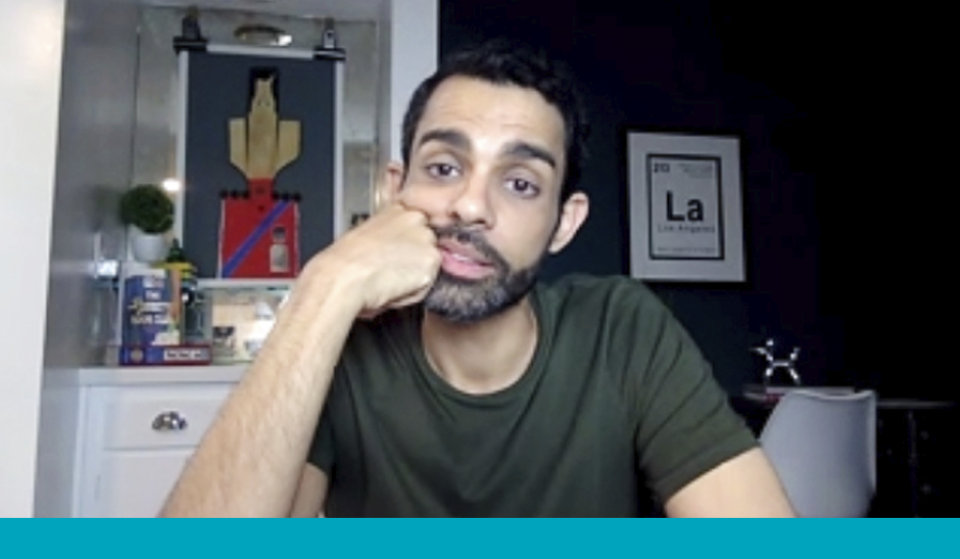
For that reason, GavinScott’s rugged good looks and eight-pack abs might have rankled some of us, even though he struggles with a stutter and the inability to please his wife. But if you’re annoyed with alphas, you’re also thinking about them all wrong. “When it comes to romance novels, the problem lies in mistaking the superficial aspects of the hero’s attractiveness for what actually makes him this heroine’s hero, which is how he behaves when he screws things up, or gets called out, or needs to apologize,” says Eric Selinger, Ph.D., the (yes, male) executive editor of the Journal of Popular Romance Studies.
I tell the guys how reading a scene in which the hero learns to say to his wife, “I love the way you taste” helped me change my own behavior. I never wanted to say,“I’m so hard!” only to find that, 30 seconds later, I wasn’t. The porn I watched only contributed to that problem because each guy in those movies seemed to be talking in a way that made him appear more powerful and in charge of the whole experience. That wasn’t me, either.
But Gavin’s phrase was something I could actually hear myself saying with a straight face. After trying out a few honest variations, I realized it wasn’t so much about what I said but how I said it. Saying“I really want to come, but I won’t” isn’t macho or poetic, but my wife still grabbed me tighter, raked her fingernails across my back, and heightened the intimacy between us because I wasn’t holding any-thing back.
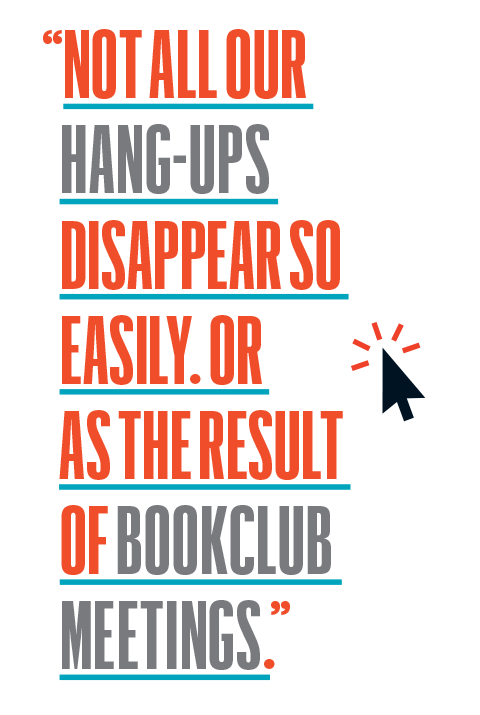
“So what does it taste like?” asks Shay, circling back to Gavin Scott’s comment.“Like, pineapple?”
“Not pineapple,” I say.
“I haven’t had the pineapple varietal, either,” adds Nolan, who then mentions the excitement he feels when he remembers to tell his partner all the things he loves about her.
In fact, the more romance I’ve read, the more it has improved not just the quality of sex I have with my wife but also the frequency. I find that I’m treating my wife differently in little in-between moments. Touching her playfully as she scrambles some eggs. As the day goes on, those moments stack on top of each other, so that by the time we go to bed, being intimate just feels like a natural extension of the day.
At one point, my gains and the gains of the guys in the fictional fiction club seemed to overlap. One of Adams’s Bromance characters, who is Russian, tells the group in broken English about how reading romance novels showed him that he “need to be better job of speaking her language.” As an only child and introvert, I’m much less reliant on physical touch. But it’s the single most important thing to make my wife feel seen. And these books helped remind me that the moments whenI least wanted to give it to her were the ones when she probably needed it most.
Other passages reinforced things I al-ready knew but was glad to see refreshed. Yes, the bedroom techniques were good (He “worked two fingers in her. In and out.In time with his tongue”), but so were the parts about how most men struggle with vulnerability (“We think we’re not sup-posed to feel things and cry and express ourselves”).
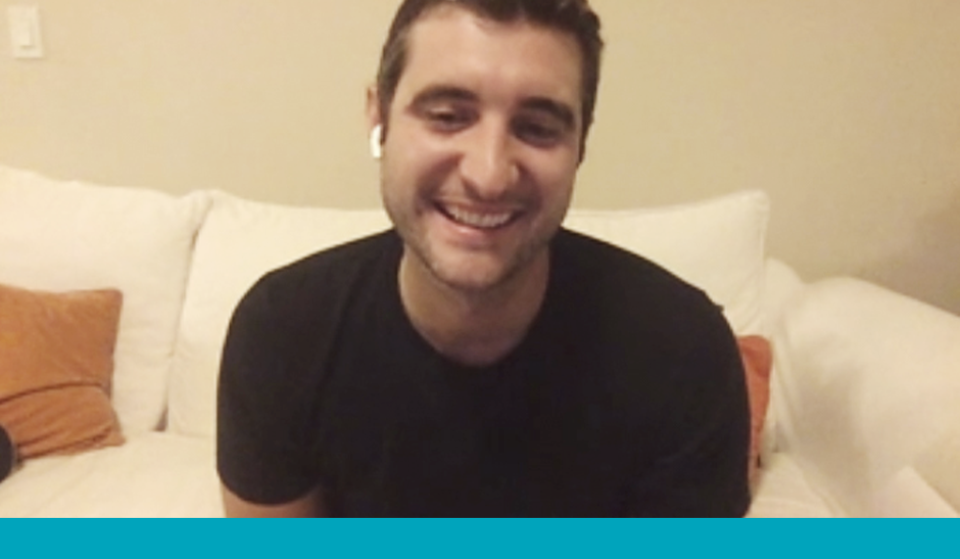
Social psychologist Justin Lehmiller, Ph.D., a Kinsey Institute research fellow, the author of the book Tell Me What You Want, and an MH advisor, believes that reading romance novels can potentially contribute to men feeling more emotionally and sexually fulfilled. Research from York University shows that male and female college students who read fiction (including romance) tended to view gender roles less stereotypically, an openness that might translate to the bedroom.
“I think the more outlets and options we have for achieving sexual fulfillment, the more flexible we are in terms of how we’re able to gratify our needs,” Lehmiller says.
For every shirtless Fabio, there are an increasing number of more approachable archetypes, including a raft of new heroes who are black, Afro-Latinx, or queer. “Now more than ever, men are starting to see characters who they might actually like to be or personally relate to, instead of a ridiculous gendered stereotype,” says indie author Nenia Campbell, who runs the coed Unapologetic Romance Readers book club on Goodreads.
After a couple of hours, I tell the guys in our group that we should probably wrap it up and ask who wants to do this whole thing again. “Fuck it, let’s keep going,” Alejandro says without hesitation. Nolan’s in, too, and so is André.
“Yeah, the next one’s going to be spicier,” I say before suggesting BeautifulStranger, which tells the fling-to-love story of a finance whiz exploring exhibitionism in New York City. “Lots of public sex, so rest assured, plenty of nipple.”
Mike agrees, and so does Shay, except Shay’s not done yet. “We didn’t talk about the heroine’s sister,” he says. When he jumps up from the computer to go turn off a TV in the other room, it’s clear that he’s gotten a little too comfortable. He’s been streaming in his underwear, and the group erupts at the sight of his black boxer briefs.
Two hours later and we’re all still talking, one of us half naked, everyone equally exposed.
You Might Also Like

